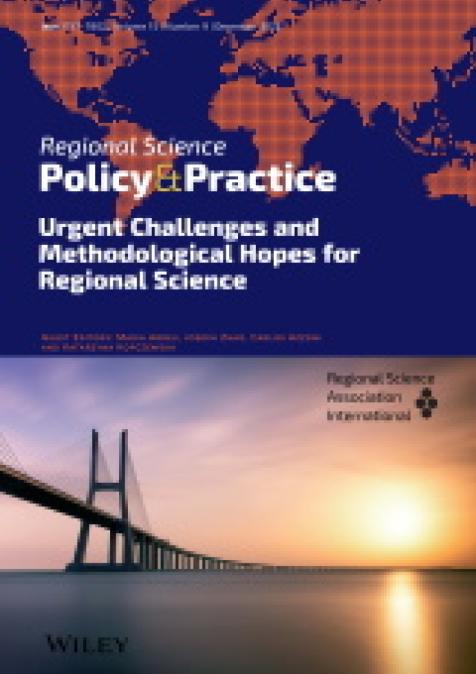Podcasts
The Mist of Central Bank Balance Sheets
24
April
2017
Related topics:
This podcast is performed by Mr. Otaviano Canuto. Central banks of large advanced and many emerging market economies have recently gone through a period of extraordinary expansion of balance sheets and are all now possibly facing a transition to less abnormal times. However, the fact that one group is comprised by global reserve issuers and the other by bystanders receiving impacts of the former’s policies carries substantively different implications. Furthermore, using Brazil and the U.S. as examples, Mr. Canuto illustrates how the relationships between central bank and public sector balance sheets have acquired higher levels of complexity, risks and opacity.









